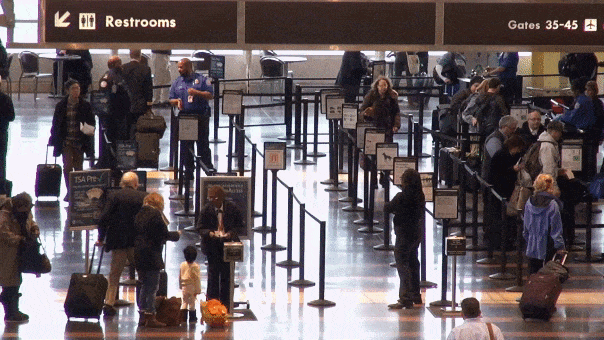Spring break has long been associated with bikinis, benders and beer bongs. But according to a new poll conducted by Fox News, spring break isn’t just about making memories everyone hopes to forget. Spring break has cleaned up its act and is becoming a holiday for all ages.
Results of the recent Fox News poll show that while Americans still want to hit the beach during spring break, they associate the time off with a trip the whole family can take.
The poll, which interviewed 1,010 American voters, shows a large 61-percent majority would plan their spring break vacation to the beach, but only 14 percent see the holiday as a wild vacation full of drunken students and bikinis. Even 42 percent of the respondents under the age of 35 say spring break isn’t about parties, exotic adventures or boozing on the beach—rather time spent with family. Overall, an overwhelmingly 83 percent think of spring break as a chance to catch up on some much-needed R&R.
The poll also showed that spring break has clearly taken a turn for the wholesome. When asked what spring break means to them, 56 percent of respondents say they consider the holiday a chance to spend time with family. Only five percent thought of the vacation as a chance to party on the beach with friends. And many also see the time off to do less self-indulgent activities: 7 percent said they'd take a trip to see a cultural event, while 9 percent would do a volunteer trip to help someone in need.
There may be one aspect of spring break that hasn’t changed: people still want to vacation on the cheap. When it comes to the most important factor for planning a location for spring break, 45 percent of respondents thought that cost was the determining factor. Only 15 percent of respondents cared about what activities were offered.
While spring break will still have its college kids doing kegstands in the sand dunes, poll results show that the holiday is changing to include everyone who just needs a break, post-exams or otherwise.
The Fox News poll is based on landline and cell phone interviews with 1,010 randomly chosen registered voters nationwide and was conducted under the joint direction of Anderson Robbins Research (D) and Shaw & Company Research (R) from February 25 to February 27. The full poll has a margin of sampling error of plus or minus three percentage points.








































